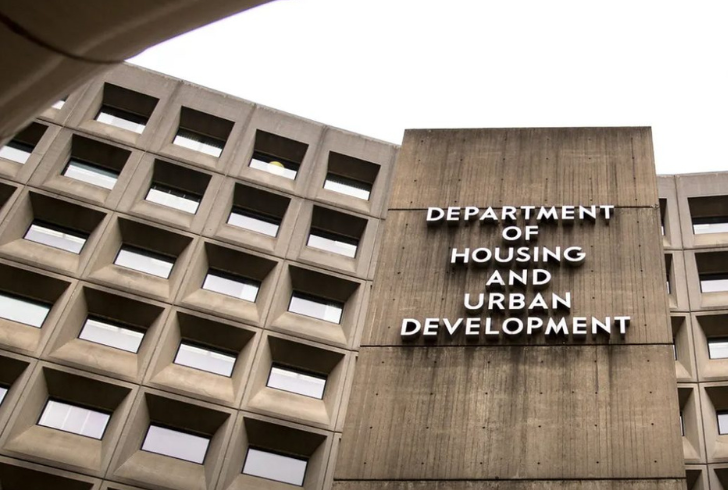The real estate sector doesn’t move in a vacuum. It reacts—often quickly—to shifts in government policies. With a new administration taking office, investors, developers, and property managers are watching closely. What happens at the federal level has a direct effect on everything from construction costs to mortgage accessibility.
Whether the focus is commercial buildings or rental properties, changes in policy can either create new opportunities or bring unexpected hurdles.
Tax Breaks and Depreciation
Depreciation has long been a financial tool in the real estate industry. Rental property owners use it to spread the cost of a building over time—27.5 years for residential and 39 years for commercial. This isn’t new, but what could change is how these deductions are applied.
In a similar political climate previously, bonus depreciation gave property owners the option to accelerate deductions, resulting in better cash flow. If the new administration mirrors or expands these policies, investors could see more generous first-year deductions. Especially in cities where property values are already high, like Los Angeles or New York, this could mean thousands in annual savings.

Freepik | Bonus depreciation allowed quicker deductions, leading to improved cash flow for property owners.
This kind of policy can encourage reinvestment. Property owners might reinvest the money saved into renovations, new developments, or acquisitions, which keeps the market active and healthy.
The Impact of Trade Tariffs on Construction Costs
Steel and aluminum tariffs have a direct effect on construction budgets. These materials are core components for everything from high-rise frames to building infrastructure. When tariffs increase, prices follow.
For developers working on large-scale projects—especially in urban centers—higher material costs can shrink profit margins or delay projects altogether. Some developers try to get ahead of the curve by purchasing materials in bulk before prices rise. Others lease warehouse space to stockpile goods, preparing for what’s likely to come.
If tariffs increase again under the new administration, the cost of new builds could jump. That might slow down certain projects or shift development strategies toward less steel-dependent designs.
Potential Privatization of Mortgage Giants
Government-backed mortgage companies like Fannie Mae and Freddie Mac play a major role in housing finance. There’s been renewed interest in reducing federal involvement by turning these entities into private firms.
This could go either way. On one hand, it might drive innovation and more competitive mortgage products. On the other, it could make mortgages less accessible, especially for first-time homebuyers or those without perfect credit. Lending rules may tighten, and interest rates could vary more between providers.
Staying in close contact with lenders and financial advisors will be key for anyone involved in real estate transactions. Quick access to updates and changes could make the difference in securing favorable loan terms.
The Potential Impact of Housing Workforce Cuts

Instagram | lahomelessservices | HUD faces significant job losses due to proposed budget cuts impacting essential services.
One area of concern is staffing at the Department of Housing and Urban Development (HUD). Proposed budget cuts would eliminate thousands of positions. These roles support everything from rental subsidies to discrimination investigations to disaster recovery programs.
This means affordable housing projects, already known for long timelines, could face even more delays. Some planned projects may lose funding entirely, especially with $60 million in funding already halted. These delays could reduce the number of affordable units coming online over the next few years, increasing pressure on already tight markets.
Private investors involved in HUD-supported developments will need to monitor this closely. Delays in funding, permits, or regulatory reviews could affect project timelines and return on investment.
How Real Estate Professionals Can Adapt
The most successful investors know how to stay nimble. When national policies shift, so must strategy. Rather than taking a reactive approach, many are preparing by:
– Diversifying portfolios across different regions and asset classes.
– Strengthening relationships with both public and private partners.
– Tapping into resources like the Urban Land Institute or trusted industry consultants.
– Using scenario planning and cash flow modeling to prepare for multiple outcomes.
No single policy will make or break the market. But taken together, these shifts will change how deals get done. By paying attention to the details and staying informed, investors and professionals in real estate can stay ahead of the curve.
Awareness is Power
Policy changes can’t be controlled—but they can be anticipated. The new administration is set to make real changes, and the real estate industry will feel the effects in ways big and small. Whether it’s depreciation schedules, mortgage lending, or affordable housing initiatives, the key is staying prepared.
For those who keep a pulse on market signals and regulatory news, opportunities still exist. Real estate has always been a long game, and understanding how politics intersects with property is part of winning it.










